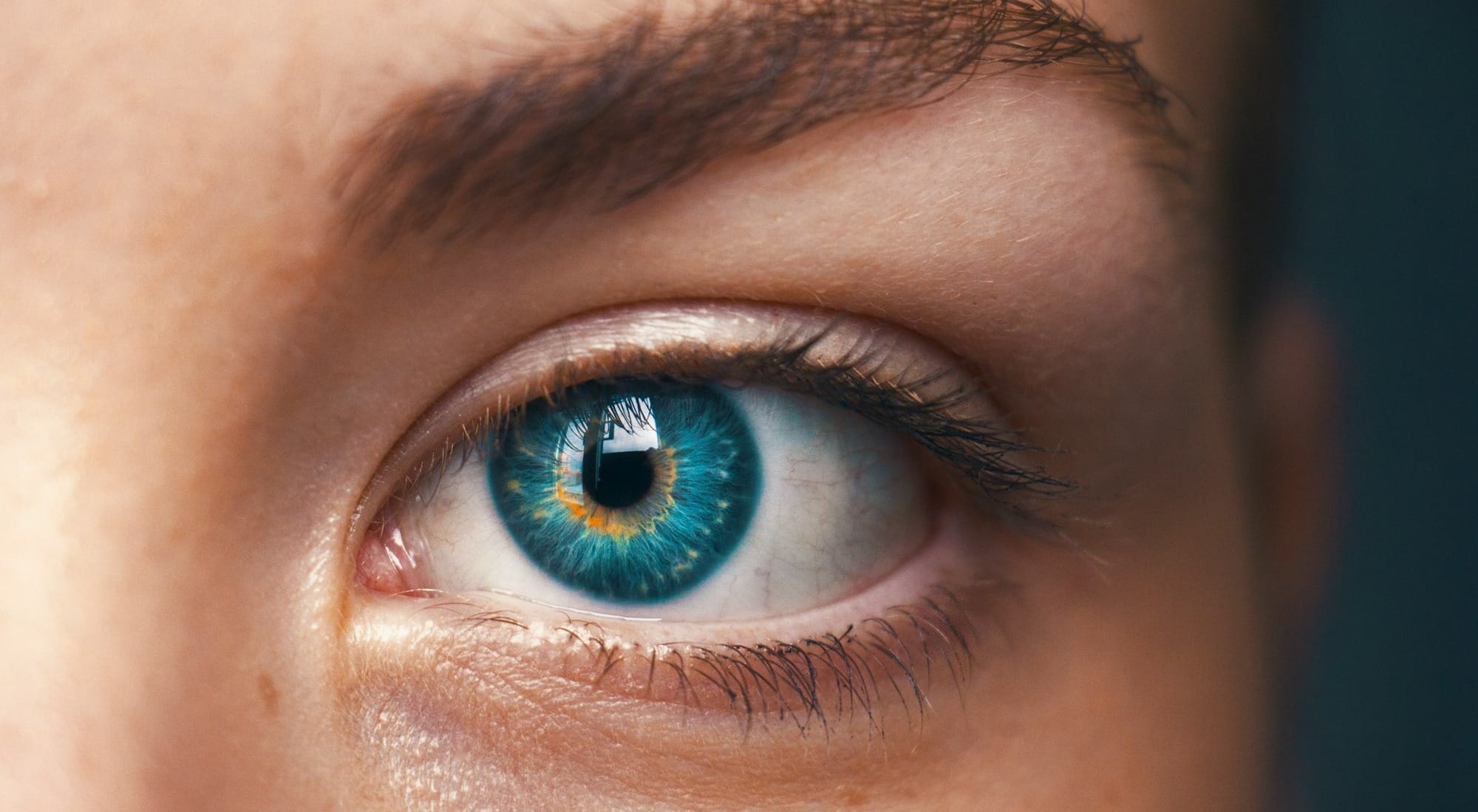This eye condition affects the macula, the central part of the retina, which is responsible for sharp, straight-ahead vision used for tasks like reading, driving, and recognizing faces. While macular degeneration does not lead to complete blindness, it can severely impair central vision, making everyday activities challenging. Understanding the types, risk factors, symptoms, and treatment options for macular degeneration is crucial for managing the condition effectively.
Types of Macular Degeneration
- Age-Related Macular Degeneration (AMD): AMD is the most common form of macular degeneration and primarily affects people over the age of 50. It is further classified into two types:
- Dry AMD: This is the more common and less severe form, accounting for about 80-90% of AMD cases. Dry AMD occurs when the macula thins over time due to aging, leading to gradual vision loss. It often starts in one eye but can affect both.

- Wet AMD: Although less common, wet AMD is more severe and can cause rapid vision loss. It occurs when abnormal blood vessels grow under the retina, leaking fluid or blood that damages the macula. Wet AMD requires prompt treatment to prevent significant vision loss.
- Juvenile Macular Degeneration: This less common form of macular degeneration affects younger individuals and is typically hereditary. Conditions like Stargardt disease are examples of juvenile macular degeneration.
Risk Factors
Several factors can increase the risk of developing macular degeneration, including:
- Age: The risk of AMD increases significantly after the age of 50.
- Family History: Genetics play a role, and those with a family history of macular degeneration are at higher risk.
- Smoking: Smoking is a major risk factor, doubling the likelihood of developing AMD.
- Diet and Nutrition: A diet high in saturated fats and low in fruits and vegetables can increase the risk. Conversely, a diet rich in leafy greens, fish, and antioxidants may reduce the risk.
- Obesity and High Blood Pressure: These conditions are linked to a higher risk of AMD progression.
- Sun Exposure: Prolonged exposure to UV rays may contribute to the development of macular degeneration.
Symptoms
Macular degeneration typically progresses gradually, especially in the case of dry AMD. Common symptoms include:
- Blurred or Distorted Vision: Straight lines may appear wavy, and central vision may become blurry.
- Dark or Empty Areas in Vision: You may notice dark spots or gaps in the center of your vision.
- Difficulty Seeing Fine Details: Tasks like reading or recognizing faces become more challenging.
- Slow Recovery of Vision after Bright Light Exposure: It may take longer for your eyes to adjust after exposure to bright light.
If you experience sudden changes in vision, such as a rapid loss of central vision or distortion, it’s important to seek medical attention immediately, as these could be signs of wet AMD.
Diagnosis and Treatment
Early detection of macular degeneration is crucial for managing the condition and slowing its progression. Regular eye exams, including retinal imaging, can help detect early signs of AMD.
- Lifestyle Changes and Prevention:
- Quit Smoking: Smoking cessation is one of the most effective ways to reduce the risk of AMD.
- Healthy Diet: Eating a diet rich in antioxidants, leafy greens, fish, and nuts can help protect your vision.
- Regular Exercise: Maintaining a healthy weight and controlling blood pressure can reduce the risk of AMD progression.
- Eye Protection: Wearing sunglasses with UV protection can help reduce the risk associated with sun exposure.
- Medical Treatments:
- For Dry AMD: There is no cure for dry AMD, but certain vitamins and supplements (AREDS2 formula) may slow its progression in some people. These include high doses of vitamins C and E, zinc, copper, lutein, and zeaxanthin.
- For Wet AMD: Treatments for wet AMD focus on stopping the growth of abnormal blood vessels. Anti-VEGF (vascular endothelial growth factor) injections are the most common treatment, helping to reduce fluid leakage and slow vision loss. In some cases, laser therapy may also be used.
- Vision Aids and Support:
- Low Vision Aids: Magnifiers, special lenses, and other devices can help maximize remaining vision.
- Vision Rehabilitation: Vision rehabilitation programs can teach strategies for coping with vision loss and maintaining independence.
Conclusion
Macular degeneration is a common eye condition that can significantly impact quality of life, but with early detection and proper management, its progression can be slowed, and vision loss can be minimized. Regular eye exams, a healthy lifestyle, and appropriate medical treatment are key to preserving vision and maintaining independence for those affected by macular degeneration. If you are at risk or notice any changes in your vision, consult with an eye care professional to discuss the best strategies for protecting your sight.
